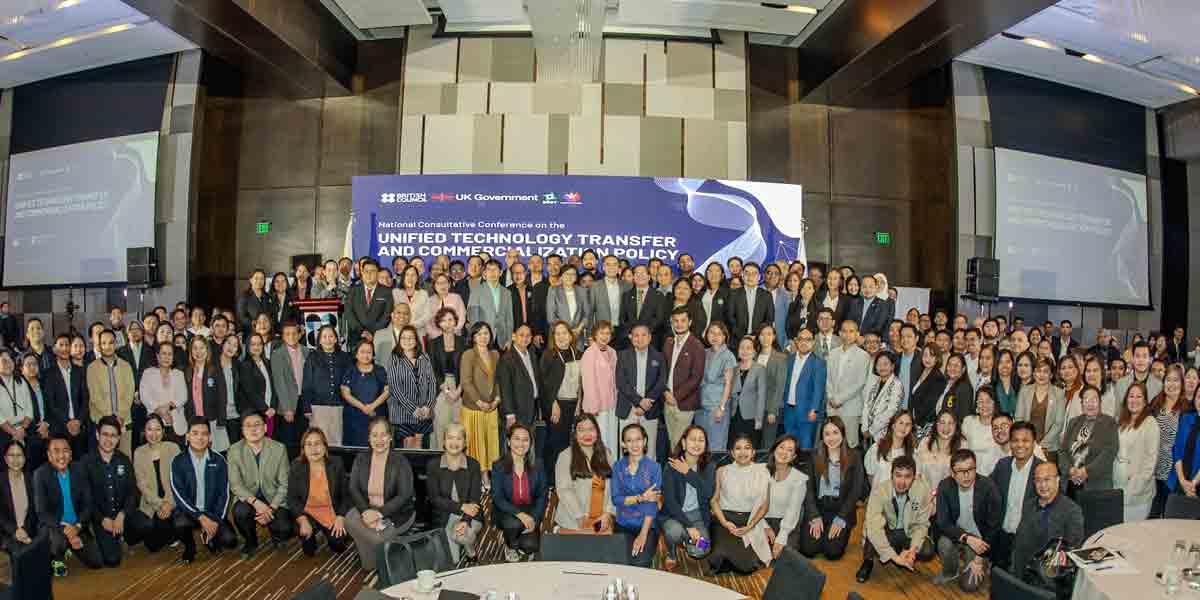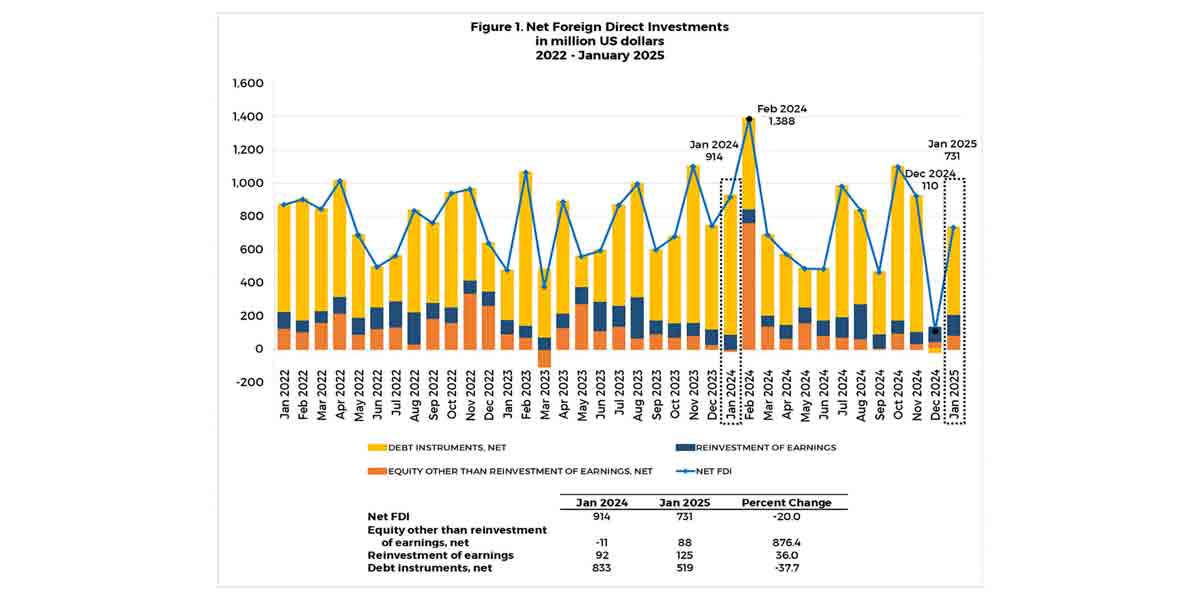By Eireen Manikan
Never has a mundane word had a dirtier connotation than during elections in this country or elsewhere. Vote-buying has been so rampant not just in this country though, that it is not even considered a crime anymore but a necessity. This disdainful practice, it is believed, became prevalent in the Roman Republic and Britain and the United States centuries ago. (eajournal)
Ironically, elections were crafted as a democratic exercise to choose those who will govern a particular locality on behalf of all community members with the goal of ensuring that representation is made in all facets of community life and ought to be dispensed with wisdom, propriety and legality. Though a mouthful, the simpler explanation really is that society’s resources should be used properly and should benefit the many. How then can that be achieved if the candidate from the start owes a patron or supporter something in exchange for that position and if the candidate goes around “buying” his way into that position?
In her article, Cristina Eloisa Baclig shares that the Commission on Elections has defined vote-buying “as the act of giving, offering, or promising these in exchange for votes:
-money or anything of value
-any office position or job
-franchise or reward, public or private
-expenses directly or indirectly
-to extract expense from any person, association, corporation, entity, or community.”
(https://newsinfo.inquirer.net/1850856/explainer-vote-buying-selling/#ixzz8HuB4SEjC)
Despite the electorate body’s unceasing warnings about the penalties of those caught “buying” or being bought, this act has never slowed down and is in fact, in my opinion getting traction with the advent of and accessibility of financial technology. The envelope is actually a metaphor of many things where this exercise is concerned. These days envelope may also mean G-cash, Pera Padala or the like.
But why do people accept envelopes? Or harshly, why sell a vote, which is supposedly a sacred right that will define an individual’s and his loved ones’ future?
Sadly, there are a number of reasons why people do. First, poverty. I will not elaborate as my readers are well aware of this and it brings me to a sadder state to talk about it. Suffice it to say that the money they receive that day will literally be used to feed their family. (Then I would be forced to discuss the long and short of it, the who-is-responsible-for-giving-jobs, or giving people decent lives? Or the alpha and almost non-existent omega of this vicious cycle?).
Second, perception. According to Joy Ilas, in her CNN Philippines report, some Filipinos think that they deserve the money since it came from public funds anyway. To say that this alarms me is an understatement for two reasons. One is that the use of public funds during elections seem acceptable or maybe accepted in apathy and second is to feel that one has a right to it even if it is used inappropriately.
So, it may seem that some accept the “envelope” without a dent in conscience since they feel they deserve it anyway.
Third, values like integrity and self-respect are not given that much significance in the community, while manifestations of material wealth and instant gratification are given attention. I have noticed that vote-buying is more rampant of late in third-world countries unlike nations who are big on shame, honesty, and integrity (although this maybe debatable. I am certain though that brazenness in using public funds for vote-buying are not large-scale in first-world nations).
What can be done to nix this? But do we really want to? The ‘disease’ is so deeply entrenched within society that it will take a collective monstrous effort to eradicate which can be done if the common will is there. The fundamental move is revisiting values-formation among the young and inculcating the importance of self-respect and integrity.
Second, (I do not espouse mass killing or total annihilation though it seems tempting) the total revamp and eradication of corruptible individuals in agencies that matter to society financially, mentally, and socially. The country cannot be steered towards ideal environs if the captains are sick.
Last and individually, which ironically is the hardest, simply saying no ought to be normalized. The comprehension of the effect of accepting that blue or yellow bill today versus the impact it will have on the future should be thoroughly absorbed and evaluated. By the masses. With the help of the educated and ‘enlightened’ ones.
Tough luck, I can almost hear some of you utter. Well, utterances like that are exactly why we are in this quagmire. Hard pass on that envelope please.




















